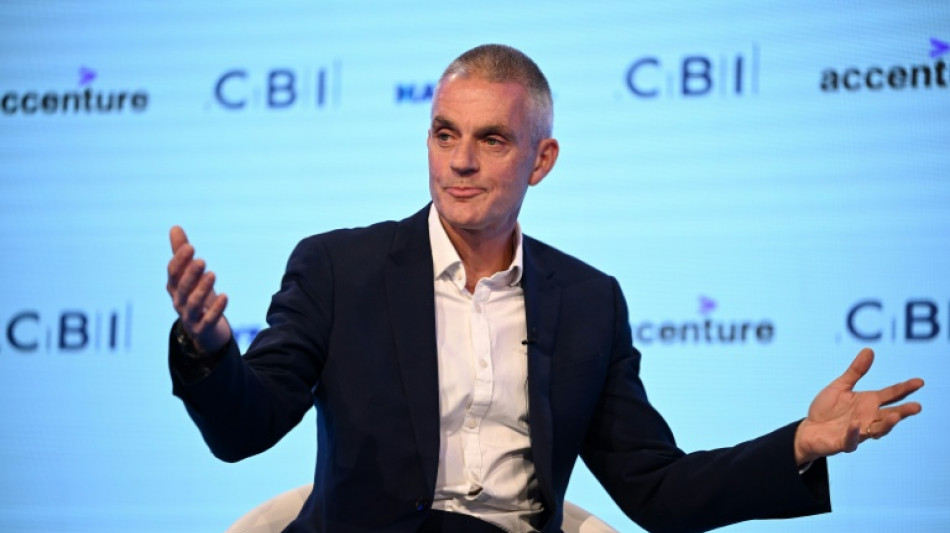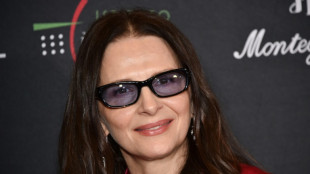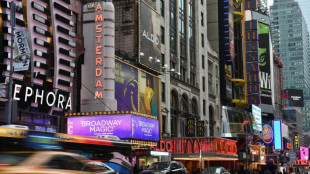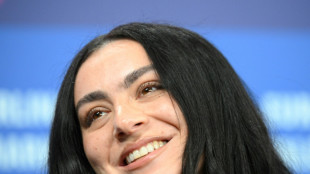

BBC chief resigns after row over Trump documentary
The director general of the BBC announced his resignation Sunday following a row over the editing of a documentary about US President Donald Trump.
Tim Davie and the broadcaster's head of news, Deborah Turness, resigned after accusations that a documentary by its flagship Panorama programme had edited a speech by Trump in a misleading way.
"Like all public organisations, the BBC is not perfect, and we must always be open, transparent and accountable," Davie said in a statement posted on the BBC website.
"While not being the only reason, the current debate around BBC News has understandably contributed to my decision... I have to take ultimate responsibility."
The latest controversy follows a Daily Telegraph report this week that said concerns were first raised in the summer in a memo on impartiality by Michael Prescott, a former external adviser to the BBC's editorial standards committee.
Earlier Sunday, the UK Culture, Media and Sport Minister Lisa Nandy called the allegations "incredibly serious".
The BBC has promised "a full response" to parliament's culture media and sport committee on Monday.
- Trump speech edited -
The criticism emerged over clips spliced together from sections of a Trump speech on January 6, 2021, when he was accused of fomenting the mob attack on the US Capitol seeking to keep him in power despite losing his re-election bid.
The edit made it appear he had told supporters he was going to walk to the US Capitol with them and "fight like hell".
In the undoctored clip, however, the president urged the audience to walk with him "and we're going to cheer on our brave senators and congressmen and women".
At the time, Trump was still disputing President Joe Biden's election victory, in a vote that saw him ousted after his first term in office.
The edit was included in a documentary entitled "Trump: A Second Chance?" that was broadcast by the BBC the week before last year's US election.
- 'Bias' allegation -
Nandy said the Trump edit was one of several concerns about editorial standards at the BBC.
"It isn't just about the Panorama programme, although that is incredibly serious," she told BBC television in an interview.
"There are a series of very serious allegations made, the most serious of which is that there is systemic bias in the way that difficult issues are reported at the BBC," she said.
Nandy said she was concerned about a tendency for editorial standards and the language used in reports to be "entirely inconsistent" whether it be on "Israel, Gaza... trans people or on this issue about President Trump".
The licence fee-funded broadcaster earlier this year issued several apologies for "serious flaws" in the making of another documentary entitled "Gaza: How To Survive A Warzone", broadcast in February.
In October it accepted a sanction from the UK media watchdog for what was deemed a "materially misleading" programme, whose child narrator was later revealed to be the son of Hamas's former deputy agriculture minister.
W.Janssens--RTC



